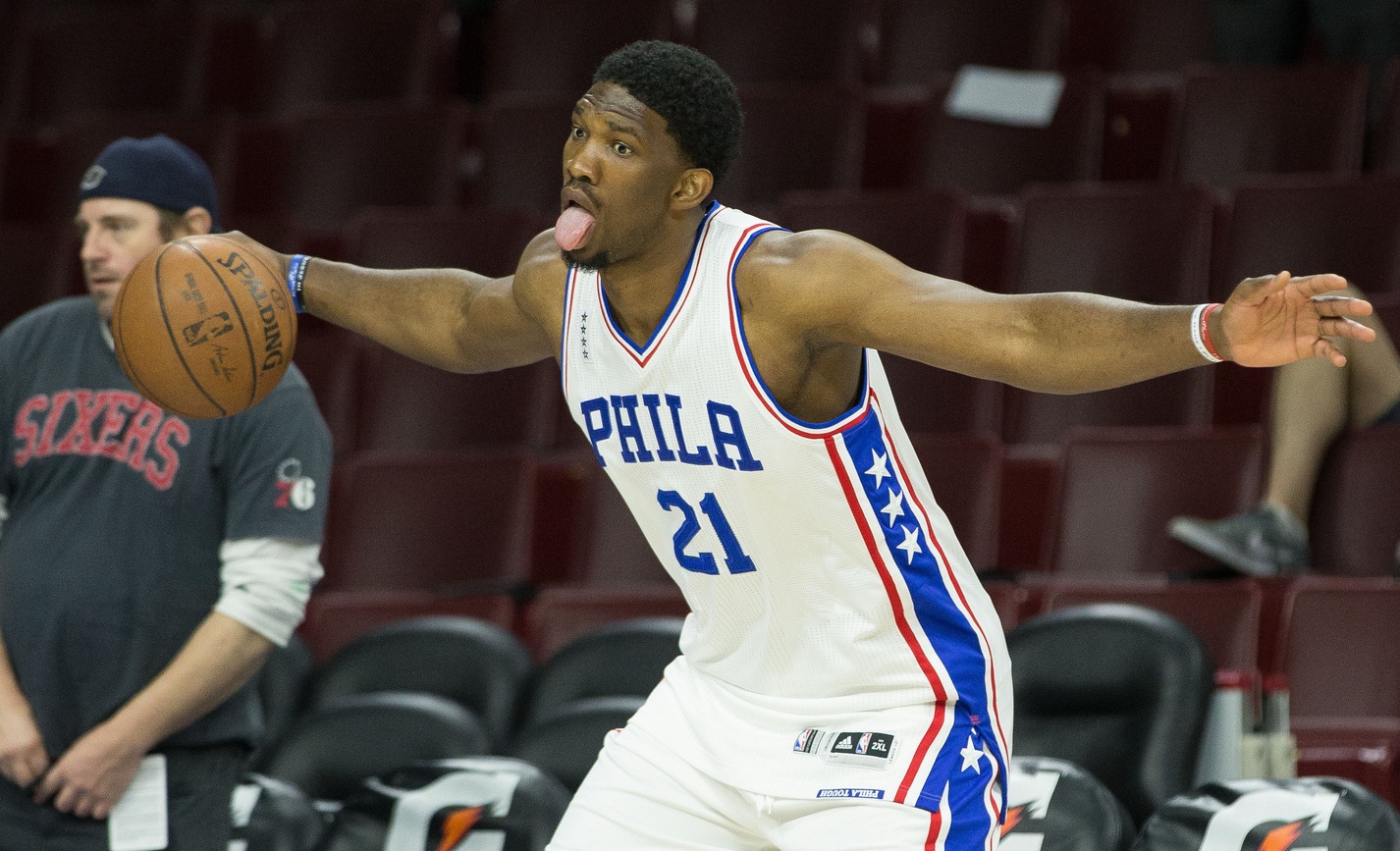The Philadelphia 76ers are entering the next phase of their rebuild, which started a few seasons ago as a full-on tank. Utah Jazz CEO Greg Miller, however, isn’t a fan of moves like “The Process.”
Miller said he doesn’t understand why people celebrate the method, according to Kyle Goon of the Salt Lake Tribune.
“I don’t know I’d say it’s frustrating; I’d say it’s a mindset I can’t relate to. Everything about the Jazz is continuous improvement — how do we get better. It’s just who we are. Nobody in this organization would ever even think about proposing tanking. To me, it’s just immoral.”
Philadelphia used that “immoral” method to near-perfection, committing to being one of the league’s worst teams while taking on bad contracts in exchange for draft capital. Over the last four years, those picks have turned into Joel Embiid, Ben Simmons and Markelle Fultz.
It’s absolutely understandable why Miller, like many others, isn’t a fan of tanking in the NBA. But it’s also silly for us to not acknowledge how the Sixers executed the philosophy and why it could be beneficial from a long-term perspective.
For mediocre-but-not-bad teams to get better, they need to pluck an All-Star from the middle of the draft — which rarely happens — or land a marquee free agent. But the latter typically doesn’t happen when the former doesn’t exist.
Or, they can tank. Well, they used to.
The idea of tanking has become such a hot-button issue that the NBA voted on a reform to the draft lottery system. The change that takes effect in 2019 will give the three worst teams (or the clubs in possession of those picks) an equal chance at receiving the No. 1 overall selection.
Additionally, teams at the back end of the lottery — in other words, the best non-playoff qualifiers — will have increased odds of stealing an early pick. The NBA said it did this “to improve the competitive incentives for our teams.”
It’s commendable for organizations like Utah to always strive for the best record possible, but as long as the league has a draft that rewards the worst teams, a poor finish will always result in a slight advantage over teams trapped in mediocrity.
While tanking doesn’t need to be celebrated, ignoring the simple truth franchise-changing players tend to be drafted quickly is unwise, too.

